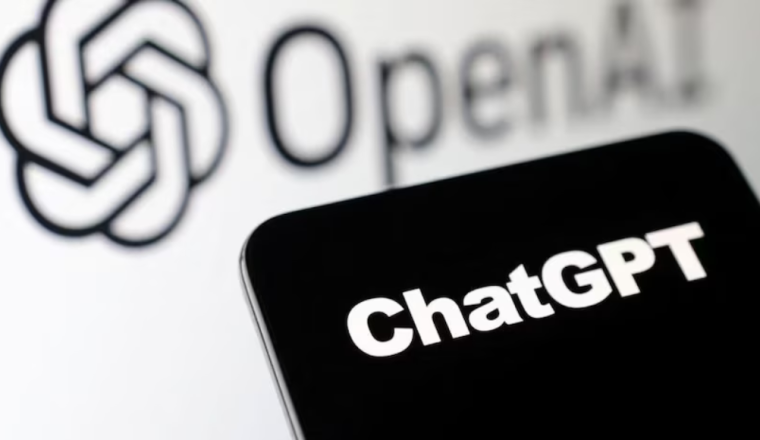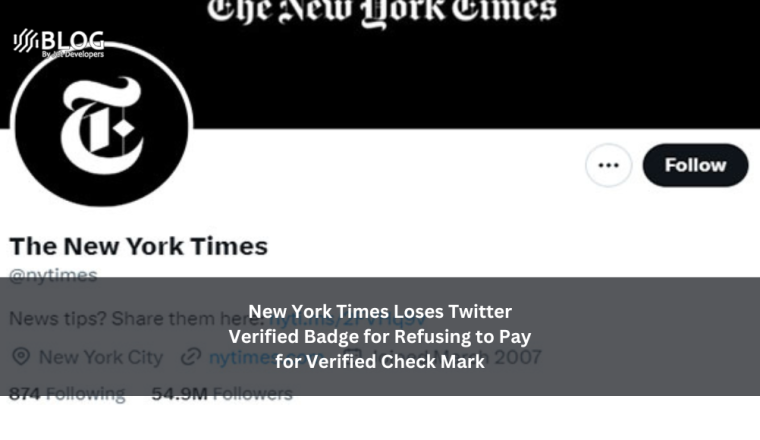New York Times Contemplates Legal Action Against OpenAI’s ChatGPT Over Content Usage
The potential for a legal battle is brewing as The New York Times contemplates taking legal action against OpenAI concerning its AI chatbot, ChatGPT. Sources close to the matter have informed NPR that the newspaper is considering a lawsuit due to concerns over the unauthorized use of its content by ChatGPT.
One of the primary grievances is that OpenAI is utilizing The New York Times’ stories to generate text without compensating the newspaper for the usage of its material. Furthermore, the newspaper is apprehensive that ChatGPT’s ability to furnish answers based on its reporting might diminish its online traffic by providing users with information directly, bypassing the need to visit the newspaper’s website.
These matters have led to discussions between The New York Times and OpenAI to establish a licensing agreement. Regrettably, the negotiations have soured, and the newspaper is now looking into legal options to address the situation.
Should The New York Times pursue legal action on ChatGPT, it could set a significant precedent in the nascent realm of generative AI, which involves creating novel content from existing data. ChatGPT stands as a prominent example of this technology, proficiently generating coherent and pertinent text across a range of subjects by drawing upon an extensive dataset scraped from the internet.
However, this dataset contains millions of articles from various sources, including The New York Times, obtained without proper authorization. The newspaper asserts that this unauthorized use violates its intellectual property rights and accuses ChatGPT of competing with its journalism by leveraging its stories as a knowledge source.
Generative AI’s Role in Search Engines
Particular concern revolves around the potential consequences of ChatGPT on search engines. These engines are increasingly incorporating generative AI tools to supply responses to user queries. Notably, Microsoft, a significant investor in OpenAI, employs ChatGPT to empower its Bing search engine.
The New York Times is worried that users receiving answers from ChatGPT that stem from its reporting might lose incentive to visit its official website and engage with its articles. Such a scenario could negatively impact both the newspaper’s revenue and its reputation, as shared by an anonymous source.
Within the legal landscape, the implications of generative AI remain murky due to the absence of precedents. Nevertheless, experts speculate that The New York Times might have a strong legal standing against OpenAI if it can demonstrate that ChatGPT violates its copyright.
Under U.S. law, potential repercussions for OpenAI could encompass a court order mandating the destruction of its dataset and the potential payment of up to $150,000 per infringement. Such consequences could deal a severe blow to OpenAI, compelling them to reconstruct their dataset solely from authorized content.
Daniel Gervais, an intellectual property authority from Vanderbilt University, remarked, “AI companies utilizing generative models are confronted with a very grave issue. They must exercise prudence regarding the data they employ and how they employ it, lest they face legal ramifications.”




